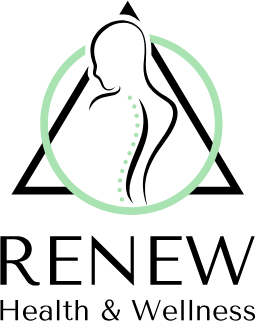Could Your Liver Be the Missing Link? Understanding Liver Health and What It Means for Your Symptoms
Are you experiencing a wide range of symptoms and unsure where they’re coming from? Fatigue, skin issues, bloating, joint pain, or even hormone imbalances can feel unrelated — but they may all be signs of liver dysfunction. In functional medicine, we always look at how systems in the body interact. When symptoms seem random or hard to pinpoint, the liver is one of the first places we evaluate.
Why the Liver Matters More Than You Think
The liver is involved in nearly every major process in the body. If it’s overwhelmed, sluggish, or under-functioning, it can create ripple effects throughout your entire system.
Here are just a few key roles of the liver:
-
Detoxification: The liver filters out harmful substances like environmental toxins, chemicals, metabolic waste, and even excess hormones — preventing buildup that can damage tissues and disrupt health.
-
Metabolism: It helps break down and absorb nutrients from the food you eat, playing a key role in energy production.
-
Nutrient Storage: The liver stores glycogen (a form of glucose) to supply energy between meals, and serves as a reservoir for blood and important vitamins.
-
Enzyme & Protein Production: It produces essential substances like bile (for fat digestion), albumin (for fluid balance), and detox enzymes like cytochrome P450.
-
Blood Sugar Regulation: The liver helps keep glucose levels stable after meals and during fasting.
-
Immune System Support: It filters out bacteria, viruses, heavy metals, and other pathogens from the blood, supporting a strong immune response.
Symptoms of Liver Dysfunction
When the liver is not functioning optimally, its effects can show up in a wide range of symptoms — many of which are often overlooked or attributed to other causes.
Here are signs that your liver may need support:
-
Hormone imbalances
-
Indigestion or bloating
-
Fatigue or low energy
-
Joint pain
-
Skin issues (acne, rashes, or yellowing of skin/eyes)
-
Excessive sweating or strong underarm odor
-
White coating on the tongue
-
Pale-colored stool
-
Nausea or vomiting
-
Loss of appetite
-
Swelling in the abdomen or extremities
-
Pain in the upper right area of the abdomen
These symptoms might seem unrelated, but they can all be tied to an overburdened or underperforming liver.
Supporting Liver Dysfunction Naturally
The good news? There are several ways you can begin supporting your liver today. While every person’s needs are different, here are a few foundational steps to start improving liver function:
-
Adopt a liver-supportive diet: Reduce processed foods, alcohol, and sugar. Increase intake of leafy greens, cruciferous vegetables (like broccoli and Brussels sprouts), and foods rich in antioxidants.
-
Minimize toxin exposure: Choose non-toxic cleaning and body care products, drink filtered water, and avoid plastic containers.
-
Support digestion: Digestive enzymes and targeted nutrients may help take strain off your liver and improve overall nutrient absorption.
-
Stay hydrated with minerals: Increase your water intake and consider adding trace minerals to support detoxification.
-
Prioritize sleep: Your liver performs much of its detox work while you sleep. Aim for at least 7–8 hours of restful sleep each night.
When to See a Functional Medicine Practitioner
If you’ve already made lifestyle changes and still feel like your body isn’t functioning at its best, it may be time for a deeper look. In functional medicine, we use targeted testing to evaluate liver function, toxin load, nutrient deficiencies, and more — so we can create a personalized plan for restoring balance and long-term health.
If you’re struggling with unexplained symptoms and suspect your liver may be playing a role, schedule a consultation with Dr. Julia TODAY. We’ll help you uncover the root cause and guide you toward healing from the inside out.



